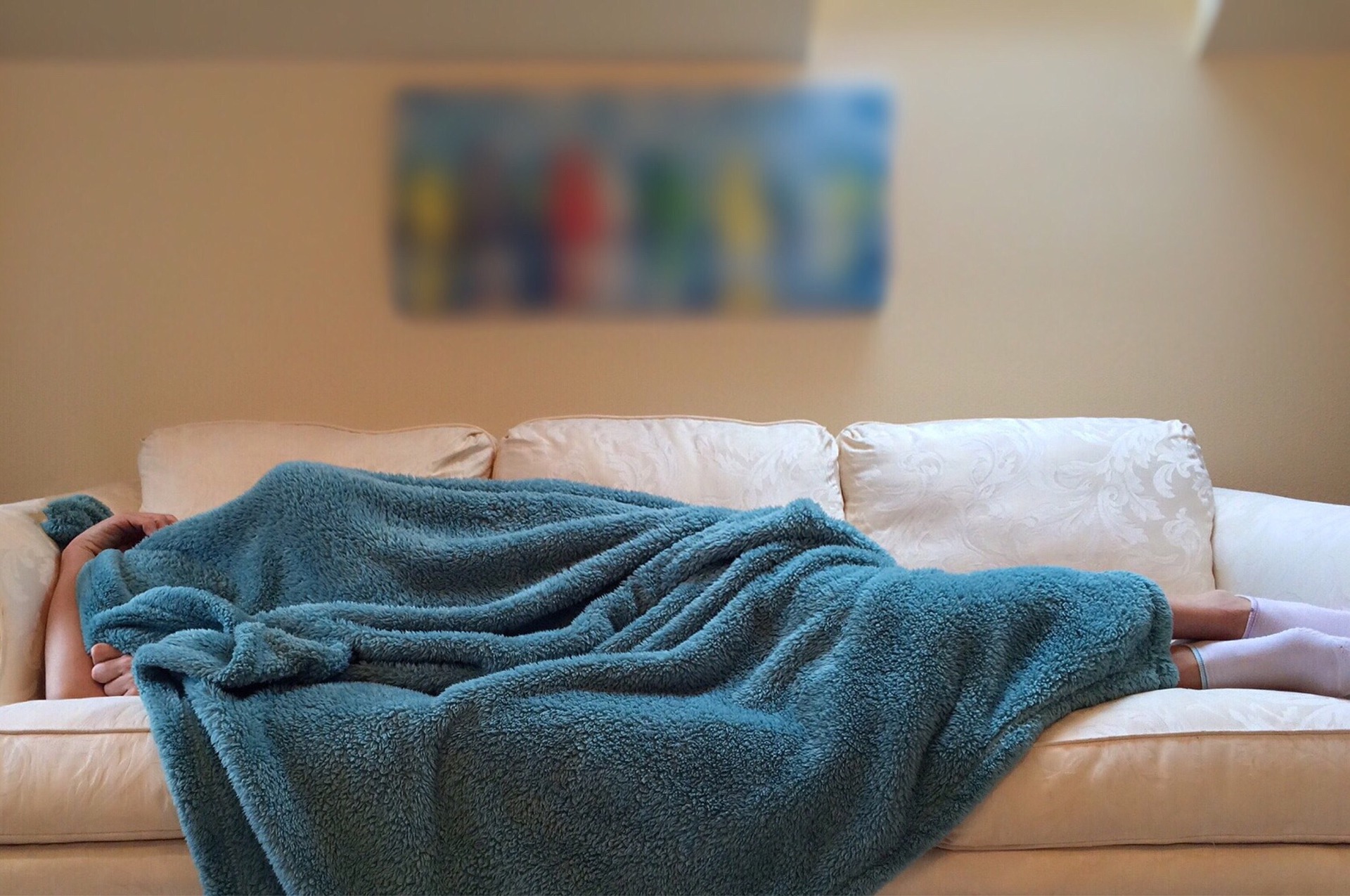
Few moments rank worse than feeling a severe headache or migraine coming on. From dark, quiet rooms to hours or even days of throbbing pain, anyone who has experienced this illness knows just how debilitating it can be. Migraines affect more than 36 million men, women and children in the United States. While they may seem to come out of nowhere, many share common triggers.
Stress
Unsurprisingly, stress is the main culprit for almost 70 percent of people who experience migraines. With a significant association between daily stressors and migraine activity, it can seem like migraines are never-ending, especially when the worry of the next attack is lurking at the back of your mind. But there are ways to combat stress-related migraines:
- Make a list of things that cause stress
- Try relaxation therapy or meditation
- Exercise regularly
- Maintain a healthy sleep schedule
Changes in sleep
Speaking of sleep, an irregular sleep schedule or even changes in your regular sleep schedule can cause a migraine attack. Plus, this trigger makes sense when we dig into it. During sleep, our bodies renew and repair themselves. When we deprive ourselves of regular sleep, we become more prone to migraine attacks. To avoid sleep-related migraines, try going to sleep at the same time every night and aim for 7 to 8 hours of sleep. You can also eliminate TV, phones, reading and music before bed to get a more restful sleep, as the light from these devices can result in disrupted sleep.
Hormones
Because of hormones, women are three times more likely to have migraines than men. About 75 percent of women find their migraine attacks happen around the time of their menstrual cycle. The change in estrogen and progesterone levels cause “menstrual migraines.” Certain methods of birth control can stabilize hormone levels, relieving you of any hormone-related migraines.
Caffeine and Alcohol
While a cup of coffee in the morning might seem like a good way to rev up for your day, it could actually be the culprit for your migraine attacks. The same could be said for the nightly glass of wine. On the other hand, some people claim that their migraines are eased by a cup of coffee. The best way to determine if caffeine or alcohol is the cause of your migraine attacks is to track your consumption and your migraines. Then you can adjust your caffeine or wine intake accordingly.
Diet
Several types of food can be the trigger for a migraine attack. Usually, these foods contain histamine and MSG, chocolate, artificial sweeteners, caffeine or anything with a strong smell. Even cheeses and cured meats can become triggers for migraine attacks. The best way to determine which foods are triggers for you is to track your eating habits and your migraine symptoms. This way you can determine which foods cause negative reactions and eliminate them from your diet.
Physical Exertion
While exercise can help reduce your stress levels and your risk of triggering a migraine, intense physical exertion has been shown to provoke migraines. These could include overexerting yourself at the gym or even intense sexual activity. Try tracking your migraine symptoms to see if they are related to any physical activity, then adjust your lifestyle accordingly.
Dehydration
Like alcohol and foods, dehydration is an easily trackable trigger for migraines. In fact, about one third of people say even the slightest dehydration can cause their migraine symptoms to start. Start by tracking your water intake. You can also carry a water bottle around to ensure you are getting enough fluids.
Changes in weather
We all know how our bodies react to changing weather. In springtime, we suffer from pollen and changes in barometric pressure. During summer, humidity and heat can send us rushing back indoors. Unsurprisingly, these factors are common weather-related triggers. Controlling the weather isn’t an option, but adjusting your schedule during the worst of these seasons can help prevent a migraine attack.
Light and Smell
Our senses can cause migraines too, especially when it comes to strong lights and smells. Bright natural light or even fluorescent or flickering lights can trigger your symptoms. The same can be said for strong odors, as they can activate certain nerve receptors in the nasal passages. Try wearing sunglasses on brighter days and using green light in your home, as it has been shown to not trigger migraines. Also, try avoiding perfumes, chemicals, gasoline or even strong food smells.
While everyone’s experiences with migraines is different, knowing the triggers can help you better manage your symptoms. To learn more about migraines and treatment plans, schedule an appointment with your provider today.
https://americanmigrainefoundation.org/learn-more/
https://www.mayoclinic.org/diseases-conditions/migraine-headache/symptoms-causes/syc-20360201






Speak Your Mind